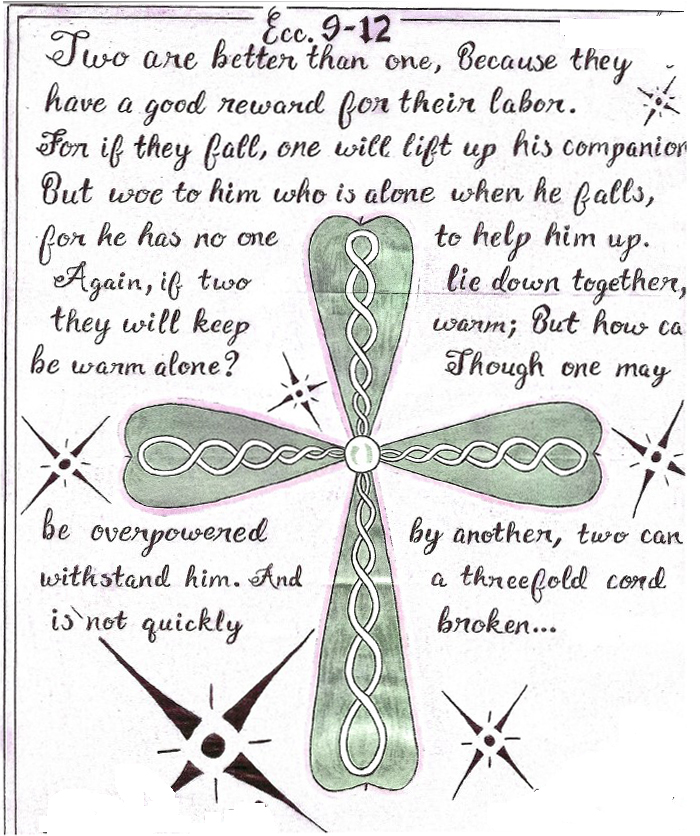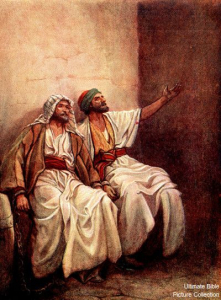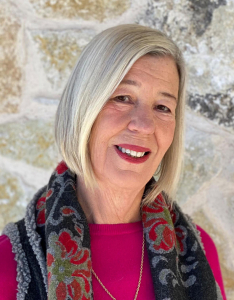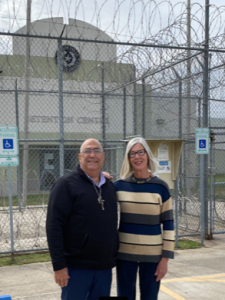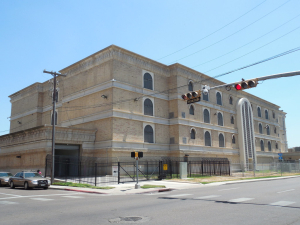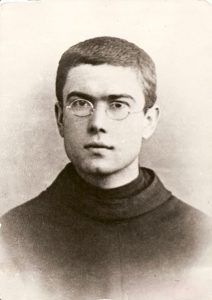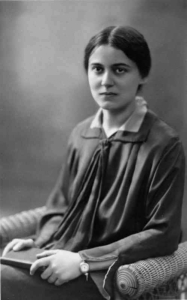
Delisa Person, Mission Coordinator
For this blog post we would like to introduce you to our Mission Coordinator and the newest member of the Dismas Ministry team, Delisa Person. She started working with Dismas Ministry as our Student Ambassador in June of 2022. Once she graduated from Cardinal Stritch University in December, she agreed to join our team – and we couldn’t be happier!
“Since joining the Dismas Ministry team, Delisa has made many positive contributions to our organization. Delisa is learning how a small nonprofit runs, and developing new skills along the way. Most important, Delisa understands our mission, and she takes great care of both the prisoners and chaplains, as well as our donors. We are blessed to have her on the team,” said Tyler Curtis, Dismas Ministry Executive Director.
We asked Delisa a few questions about her experience working with Dismas Ministry and we wanted to share her thoughtful responses so you can get to know her a little better.
Q: What has been your experience with the organization’s culture?
Delisa:
I’ve been working with Dismas Ministry for the past ten months. I can say that the cultural transition from my previous position as a student and intern to my current one as the mission coordinator has been rewarding yet challenging. The duties I’ve taken on in my new position have given me the opportunity to develop stronger relationships with the other members of the team and the clients we support, including chaplains, volunteers for prison ministry, prisoners, etc. My adaptation from student worker to employee has been considerably simpler than I anticipated. It’s been helpful to build relationships with experts who have been doing this work for a while and is crucial to my development and learning, especially in the non-profit community.
Q: What parts of our mission do you connect with?

Delisa Person working in the Hope Workroom
Delisa:
I identify with the goal of offering hope and faith to those we serve, particularly prisoners. Faith is the assurance that if one acts now, the blessings that will result from hope will be realized in the future. Hope is to trust in God’s promises of exaltation. Both hope and faith are essential for exaltation and are connected. According to my personal ideas, hope reshapes the possible and creates pathways to the unbelievable. Through our work, we give prisoners resources to regain their faith in God. By doing this, we instill a sense of hope in those who belong to a vulnerable demographic.
Q: What is one of your work goals for the next few months or for 2023?
Delisa:
One of my professional objectives, since changing roles, is to help improve efficiencies within the organization. Our day-to-day team is comprised of two staff members, while consultants and volunteers work onsite several times each month. The majority of my daily activities have involved clearing out files and performing duties that enable our small operations to run more smoothly. After this is finished, we can concentrate on other areas that need attention.
Q: What is one thing that you wish people knew about your job?
Delisa:
When you are unfamiliar with someone’s situation, it is easy to make snap judgments about them. Regardless of the reason for their incarceration, I don’t judge people based on the faults they have made in the past. I try to offer those inmates hope. I am confident that if they are contacting Dismas Ministry it is because they are motivated to better themselves and/or make amends with God for their transgressions. A lot of social service field jobs can be overwhelming and mentally challenging. You will catch yourself sympathizing with people you never even met.



